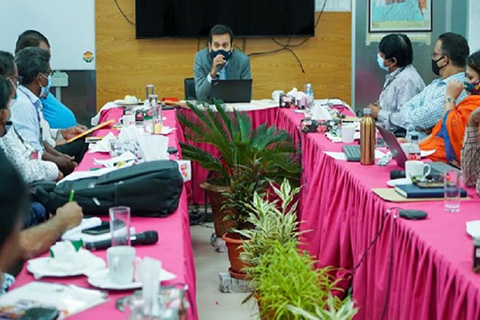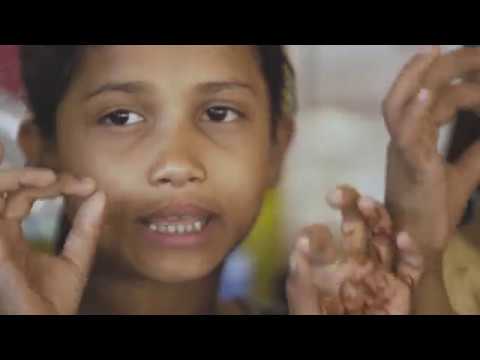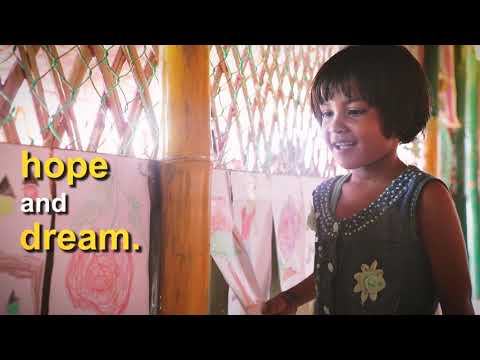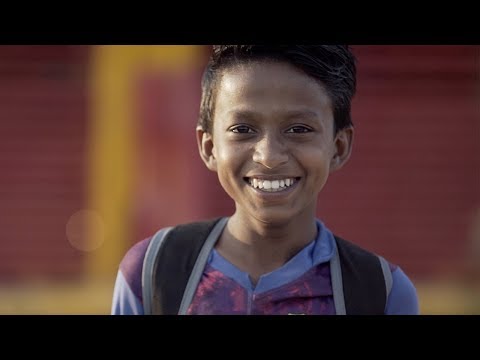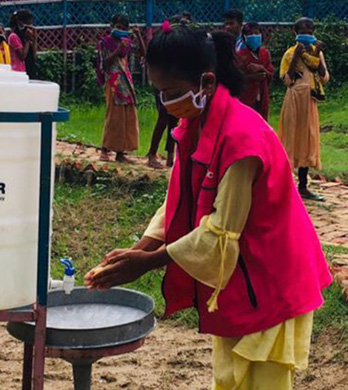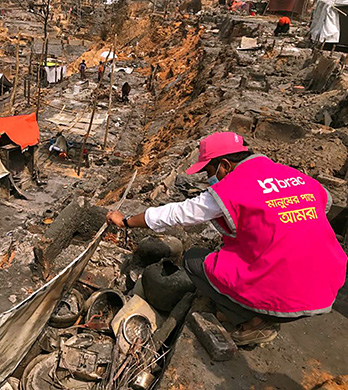Approximately one million Rohingya have been living in 13 square kilometres of camps in Cox’s Bazar, Bangladesh since 2017. BRAC is the largest provider of services addressing the Rohingya humanitarian crisis.
The density of population and inadequate access to resources in the camps creates a challenging living condition for both Rohingya and host communities. Due to their limited assets and hindered access to social services most people of these communities are deprived from basic services like proper housing settlements, infrastructure, healthcare, sanitation, protection and education.
Our need-based holistic approach provides access to basic services including healthcare, learning, water hygiene and sanitation, food security, social protection, and equips people with skills to create livelihood opportunities and dignified socio-economic conditions.
NUMBERS

1.6 million
outpatient general medical consultations made through health facilities

849,211
hygiene promotion sessions conducted in camps

143,740
households living in vulnerable situations received fresh food at their doorsteps

184,756
infant and young child feeding counselling provided to mothers of children aged 0-23 months

77,700
children accessed basic education in camps and host community

16,968
people accessed psychosocial and psychological care in Rohingya camps
MEDIA
VIDEOS
WHAT WE DO
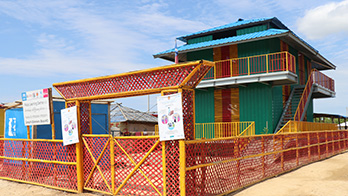
Access to learning
Ensure children have access to basic learning and life skills to build resilience.
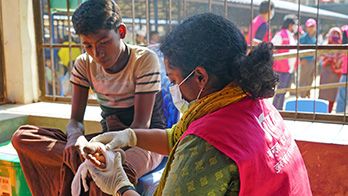
Access to healthcare
Ensure people have access to basic healthcare services such as sexual and reproductive health, vaccination, nutrition, mental health etc.
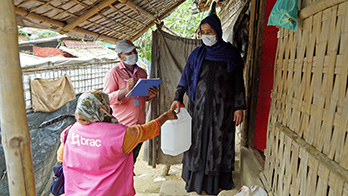
Access to safe water, hygiene and sanitation
Ensure people have access to safe water, hygiene and sanitation facilities to prevent diseases such as Acute Watery Diarrhoea, Dengue etc

Create livelihood opportunities
Create alternative livelihood opportunities to reduce the dependency on organisational aid
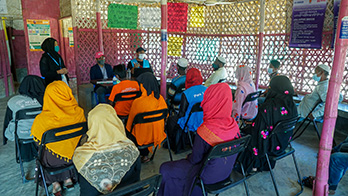
Ensure social protection
Ensure people especially women and children are protected from social issues such as domestic and gender-based violence, trafficking etc.

Ensure safe living conditions
Ensure shelters and camps’ site construction are safe, inclusive and climate-resilient.
HOW WE DO IT

Effective learning
Ensure effective learning process and result by implementing Myanmar National Curriculum
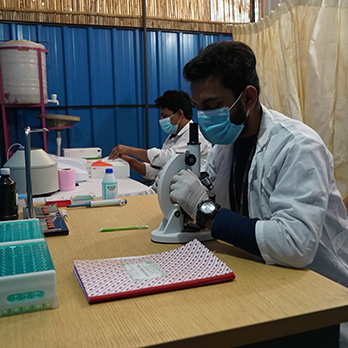
Integrated healthcare services
Ensure people can access all healthcare services including supplementary nutrition for mothers and children, mental health support, sexual and reproductive care through the healthcare centres.
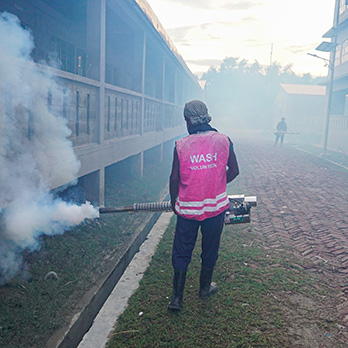
Enabling hygienic living conditions
Install safe water sources, inclusive sanitation facilities, managing waste and raise awareness on hygiene practices.
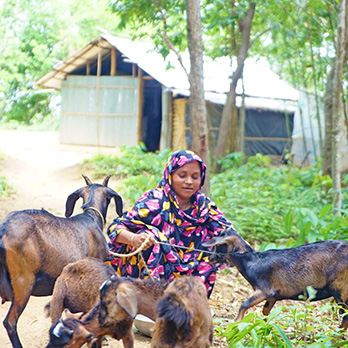
Equipping people
Equip people with skills and knowledge to create alternative livelihood such as homestead gardening, aquaculture and livestock interventions, cash for work ect.
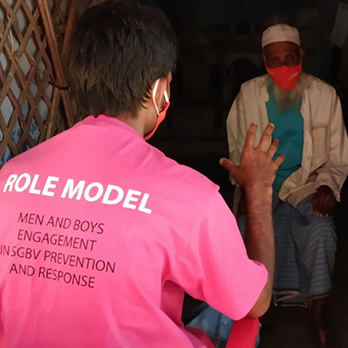
Protection mechanism
Ensure people have access to right information and legal assistance to identify and address protection issues such as gender-based violence, trafficking and harmful behaviours.

Intersectoral coordination
Coordinate with relevant stakeholders to identify most vulnerable areas to plan safe and climate resilient infrastructure.
WHY IT WORKS
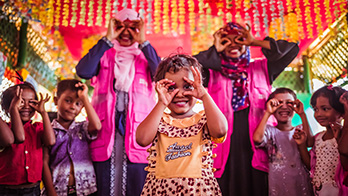
Learner-centred opportunities
Ensure the learning process is joyful and contextualised buy using competency framework
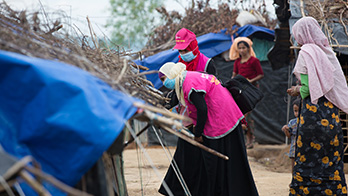
Door to door visits
Visiting door to door to raise awareness on health issues and encourage people to avail healthcare services
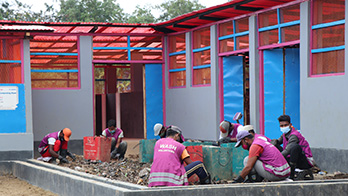
Community-based approach
Recruit ambassadors from their own community to promote hygienic living conditions.
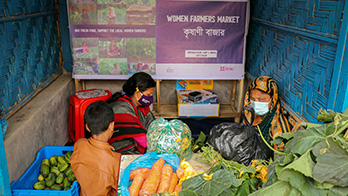
Sustainable income generation
Create market linkage to generate income to make support their livelihoods sustain

Community empowerment
Equip the communities with knowledge and skills to identify community risk factors and identify human centric and solutions

Social inclusion
Support people living in vulnerable situations including with disabilities to empower themselves by taking part in decision making.



